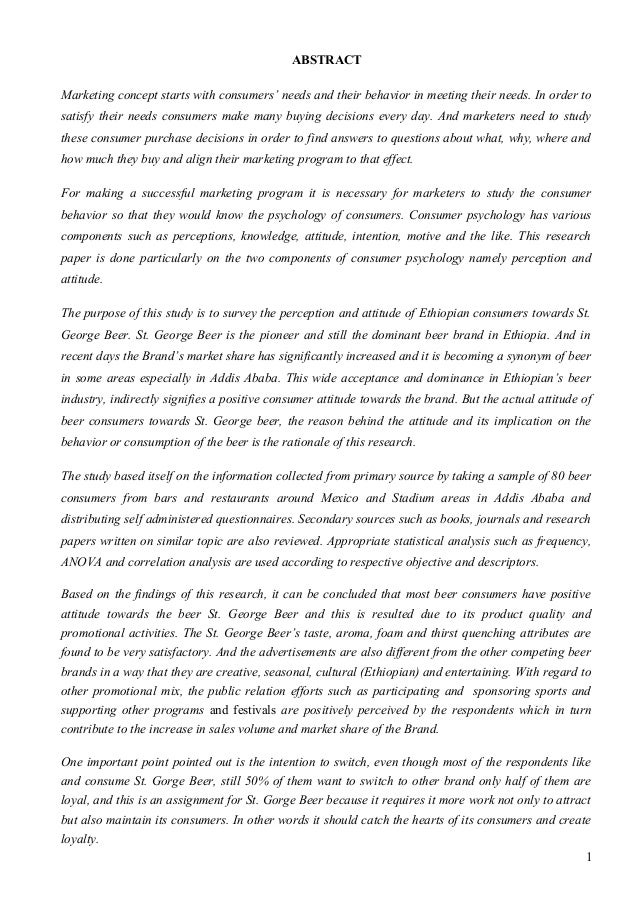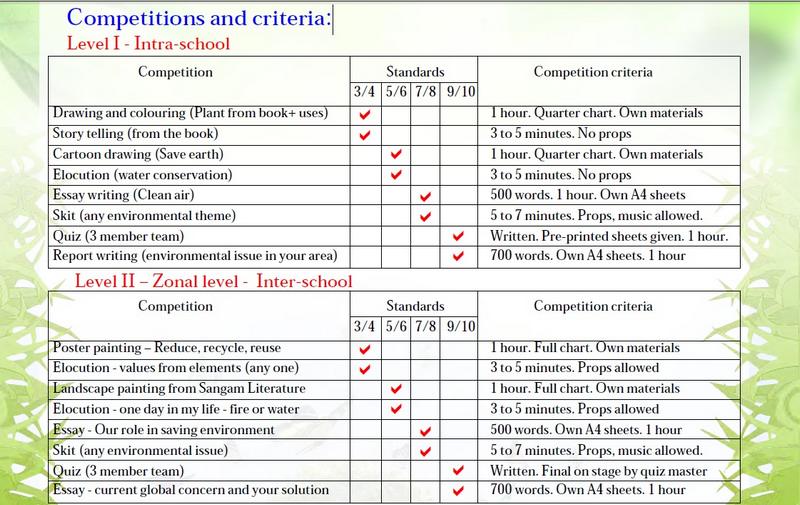Louis XIV and Absolutism Principles - UK Essays.
Absolutism As A Form Of Government - Absolutism is defined as a form of government where the monarch rules their land freely without legal opposition. In modern times, when democracy is the ideal, this form of government seems cruel and tyrannical; however, there was an era when it thrived in European politics.
Absolutism Absolutism, the political doctrine and practice of unlimited centralized authority and absolute sovereignty, as vested especially in a monarch or dictator.

Absolutism versus Relativism. Ethical Absolutists can condemn practices such as the Nazi persecution of the Jews because Absolutist views give definite guidelines as to what is right and wrong. Relativism can take into account the reasons why something happens.

Define absolutism. absolutism synonyms, absolutism pronunciation, absolutism translation, English dictionary definition of absolutism. n. 1. a. A political theory holding that all power should be vested in one ruler or other authority. b. A form of government in which all power is vested in.

The definition of the word absolutism is a political theory holding that all power should be vested in one ruler or other authority. King Louis believed heavily upon this political theory and believed himself to be an absolute ruler.

Absolutism definition, the principle or the exercise of complete and unrestricted power in government. See more.

Absolutism Absolutism, per Merriam-Webster’s dictionary, is a political theory that absolute power should be vested in one or more rulers. This means that one person rules over an entire country. During this time, the absolute monarch oversees basically everything. They control what religion the people.

Absolutism Essay Examples An Analysis of the Several Important Factors That Led the English to Move from Absolutism to a Government in the 17th Century 2,445 words An Analysis of the Characteristics of Absolutism and It's Influence on the 17th Century Monarchs.

In the following paragraphs I’m going to explain what constitutionalism is, and how it differs from absolutism.Constitutionalism is the way a state or country governs it’s people based off of laws set forth to protect the people’s rights and liberties.These laws are called constitutions, for example the Constitution of the United States.
Enlightened absolutism is the theme of an essay by Frederick the Great, who ruled Prussia from 1740 to 1786, defending this system of government. When the prominent French Enlightenment philosopher Voltaire fell out of favor in France, he eagerly accepted Frederick's invitation to live at his palace.

Essays on Absolutism. Absolutism. Preparation For The Absolutism Age. 1275. The Age of Absolutism The Age of Absolutism is the period of the seventeenth and eighteenth centuries. Most states in Europe had monarchs who wished to create absolute authority, France had the best system of absolute monarchy because they were able to create a.

Age of Absolutism essay Most historians would argue that the years 1660 to 1789 could be summarized as an Age of Absolutism, the period from the Restoration in England and the personal rule of Louis XIV up to the beginning of the French Revolution.

Absolutism is a regime in the history of many countries when the whole power was concentrated in the hands of one person. This person was not limited by the rules and laws and could act according to personal will and intentions. This person was actually the law.




